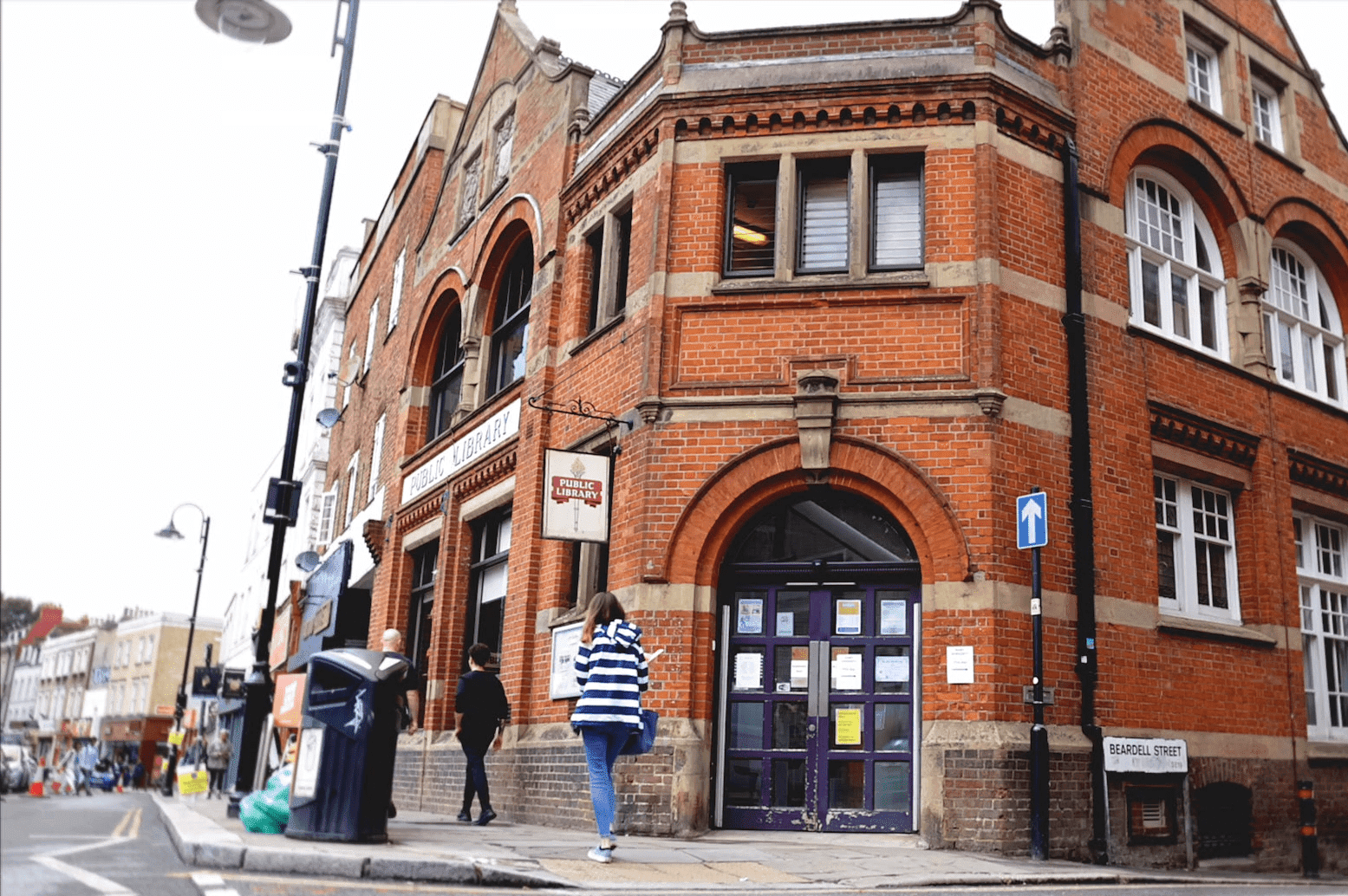New polling for Power to Change by Savanta ComRes shows that the public favour empowering local people and communities over abolition of the House of Lords as a way of restoring trust in politics.
This polling comes as Gordon Brown’s Report of the Commission on the UK’s Future looks at how best to restore trust in our politics.
Three quarters of people feel that they have ‘not very much’ or ‘no control’ over the important decisions that affect their neighbourhood and local community. This has been a consistent finding over the last four years.
Two thirds of people think giving more power to local people is likely to restore their trust in politics while 62% think the same for giving power to community organisations. This drops to 52% for abolishing the House of Lords and replacing it with an elected chamber.
The polling features in a new report by Power to Change, the independent trust which strengthens communities through community business. Empower communities, don’t just tinker with Westminster outlines the need for Labour to unlock community power to restore trust in politics. To accomplish this, the report recommends the Labour Party:
- Introduce a Community Power Act to change where power lies in this country. The Act would give communities a right to control spaces, services, and spending decisions in their local area. This would help establish a dynamic new form of governance at the local level, leading to more responsive public services, better decisions about local public spending and greater local power and say over important buildings and spaces.
- Expand and extend the Community Ownership Fund to £300m over four years to financially empower communities. This could put 1,300 spaces into stable community ownership, which would create at least 5,000 jobs and 30,000 volunteering opportunities.
Responding to the findings of the Commission on the UK’s Future, Nick Plumb, Head of Policy and Public Affairs at Power to Change, said: “The commission’s recommendations are a valuable contribution to the debate on how we might best restore trust in our politics. We welcome the focus on community power in the report. The lack of control felt by the majority of British people cannot be overcome by Westminster reform alone.
“Our polling shows that if the Labour Party wants popular policies to restore trust in politics, it should embrace proposals which unlock community power. There are ready-made solutions out there, such as a strong Community Power Act and expanded support for community ownership – which will put more power in the hands of local people and community organisations. Now is the time to move from principles to plans for implementation.”
![Giroscope, November 2019 [11]](https://b2430903.smushcdn.com/2430903/wp-content/uploads/2022/05/Giroscope-November-2019-11.jpg?lossy=1&strip=1&webp=1)


